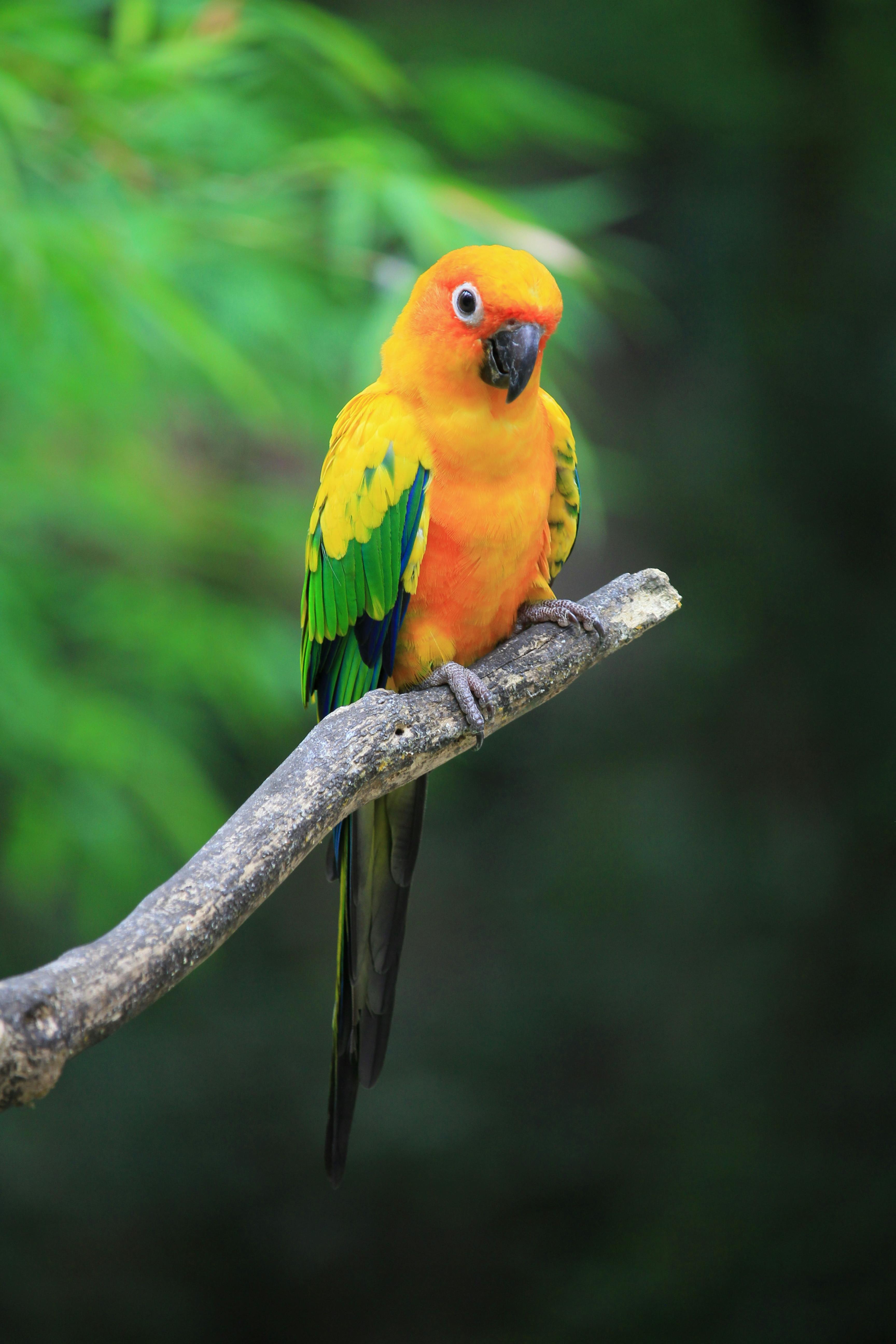Effective Ways to Use Rabbit Poop Fertilizer for Improved Gardening in 2025
Gardening enthusiasts are increasingly turning to natural and organic solutions for enriching soil and boosting plant growth. Among these methods, rabbit poop fertilizer, often overlooked, stands out as a powerful organic fertilizer option capable of improving soil health and enhancing garden productivity. Rabbit manure is not only nutrient-rich but also serves as an eco-friendly fertilizer, promoting sustainable gardening practices without the harmful impacts associated with chemical alternatives.
In this article, we will explore the myriad benefits of rabbit manure, its applications in gardens, and how it can be utilized effectively in 2025. By understanding its nutrient content and proper usage techniques, you can significantly enhance your soil quality and plant health while engaging in environmentally conscious gardening practices.
From composting rabbit droppings to creating nutrient-rich compost tea, we’ll cover practical gardening tips, best practices using rabbit waste compost, and strategies for successful plant growth. Get ready to discover effective ways to incorporate rabbit poop into your gardening routine!
Understanding Rabbit Manure Benefits for Gardening
Before utilizing rabbit manure, it's essential to recognize its benefits and how it can improve your gardening efforts. Rabbit droppings are remarkably rich in nutrients, particularly nitrogen, phosphorus, and potassium, making them an excellent natural fertilizer for various plants and vegetables. This nutrient composition makes rabbit waste a high nitrogen fertilizer, ideal for promoting plant growth and ensuring healthy soil fertility.
Nutritional Profile of Rabbit Manure
Rabbit manure composition is particularly notable due to its balanced nutrient profile. With a higher nitrogen content compared to other animal manures, rabbit droppings contribute to faster plant growth and improved green foliage. Additional nutrients found in rabbit waste, such as calcium and magnesium, also play vital roles in enhancing plant health and soil enrichment techniques.
Moreover, rabbit manure serves as a soil conditioner, improving soil structure and enhancing water retention capabilities. These properties facilitate optimal root development, further encouraging nutrient absorption and overall plant vitality.
Organic Fertilizer Compared to Chemical Alternatives
One of the major advantages of using rabbit poop as an organic fertilizer is its biodegradable nature. Unlike synthetic fertilizers, rabbit manure releases nutrients slowly, providing plants with a steady supply of nutrition over time. This slow-release fertilizer aspect offers an essential advantage: reduced risk of nutrient leaching and environmental pollution, aligning with sustainable agriculture principles.
Application of Rabbit Manure in Your Garden
Rabbit manure can be applied in various forms, such as directly into the soil or through composting methods. Understanding how to properly incorporate it into your garden is crucial for maximizing its benefits. Utilizing composting rabbit manure not only enhances the nutrient content but also aids in the breakdown of organic matter, promoting a healthier soil ecosystem.
When utilizing rabbit droppings for fertilizing crops, best practices involve mixing fresh manure with other organic materials to prevent nitrogen burn. Additionally, incorporating compost tea derived from rabbit droppings can provide an effective way to deliver concentrated nutrients directly to plants.
Steps for Composting Rabbit Manure Effectively
Composting rabbit droppings is one of the most effective ways to use this organic material, transforming it into a nutrient-dense soil amendment. This section outlines practical steps for creating a balanced compost that enhances soil fertility and promotes healthy plant growth.
Preparing Rabbit Waste Compost
The first step in composting rabbit manure is gathering the waste and combining it with carbon-rich materials like straw, wood shavings, or dried leaves. This combination creates a balanced mix of nitrogen and carbon, essential for optimal microbial activity. Layering these materials ensures airflow and accelerates the decomposition process.
Maintaining Proper Conditions
To facilitate composting, maintain moisture levels that are neither too dry nor overly saturated. A composting bin for rabbit waste is an excellent option for managing these conditions, allowing you to routinely monitor progress. Regular turning of the pile helps aerate the mixture, fostering soil bacterial activity and expediting breakdown while enhancing soil biodiversity.
Compost Tea Preparation
Once your compost is ready, using it to create compost tea can supercharge your gardening efforts. Compost tea preparation involves steeping mature compost in water, allowing nutrients to dissolve and create a nutrient-rich liquid. This natural plant food can be applied directly to soil or as a foliar spray, delivering essential nutrients effectively and improving nutrient availability in soil.
Enhancing Soil Quality and Plant Growth with Rabbit Manure
The ultimate goal of using rabbit poop fertilizer is to improve soil quality and promote robust plant health. Understanding principles of organic gardening and implementing effective fertilization methods can make a significant difference in your garden productivity. Below are strategies to enhance soil quality using rabbit manure.
Soil Testing and Nutrient Management
Before implementing rabbit manure as an organic soil amendment, performing a soil test can provide insights into your garden's current nutrient status. This information helps you formulate a customized fertilization strategy, ensuring a rich nutrient balance necessary for crop success. Integrating rabbit waste with other organic materials can further improve soil structure and enhance soil fertility.
Methods of Incorporating Rabbit Manure into Soil
Common methods for incorporating rabbit manure into your garden include surface application, tilling, or creating planting rows filled with composted manure. Each technique can positively impact soil health while enhancing nutrient availability. Understanding the biology of soils, including soil microorganisms, is crucial for determining which approach works best for your garden's unique conditions.
Plants That Thrive on Rabbit Manure
Many plants flourish when grown in soil enriched with rabbit manure. Vegetables such as lettuce, tomatoes, and carrots benefit significantly from the high nitrogen levels, leading to improved yield and flavor. Selecting crops that thrive on rabbit manure allows you to maximize each planting season while efficiently utilizing this sustainable gardening resource.
Common Mistakes to Avoid When Using Rabbit Poop Fertilizer
Excessive Application of Fresh Manure
One of the most frequent errors made is applying fresh rabbit manure directly to plants without composting. This practice can lead to nitrogen burn, negatively affecting plant health. Always remember to compost rabbit waste for a few weeks to allow beneficial microbial activity to break down potential toxins.
Inefficient Nutrient Management
Overlooked nutrient management can result from failing to assess soil testing results accurately. This can lead to an imbalance in nutrient application, affecting overall plant growth and health. Utilizing proper fertilization methods, such as integrating rabbit droppings into your organic gardening plan and maintaining accurate records, can alleviate these issues.
Neglecting Soil Structure Improvement
Another common mistake is failing to prioritize soil structure. Rabbit manure is excellent for improving the soil structure, but it's essential to avoid compacting the soil, which can hinder nutrient absorption and root development. Regularly amend your soil with organic materials to maintain aeration and prevent compaction.
Conclusion: Embracing Rabbit Manure for Sustainable Gardening
As we move into 2025, the importance of utilizing eco-friendly and sustainable gardening practices becomes increasingly relevant. Rabbit poop fertilizer offers a compelling solution, providing an organic source of nutrients that not only enhances garden productivity but also benefits the environment. By effectively composting rabbit waste and understanding its applications in gardening, you can contribute to regenerative agriculture while enjoying the fruits of your labor.
Incorporating these effective methods and practices will not only improve soil health but also support an environmentally friendly approach while ensuring your garden thrives with vibrant plant growth. Embrace rabbit manure in your gardening routine, and watch your garden flourish this coming year!
 example.com/image2.png
example.com/image2.png
 example.com/image3.png
example.com/image3.png 